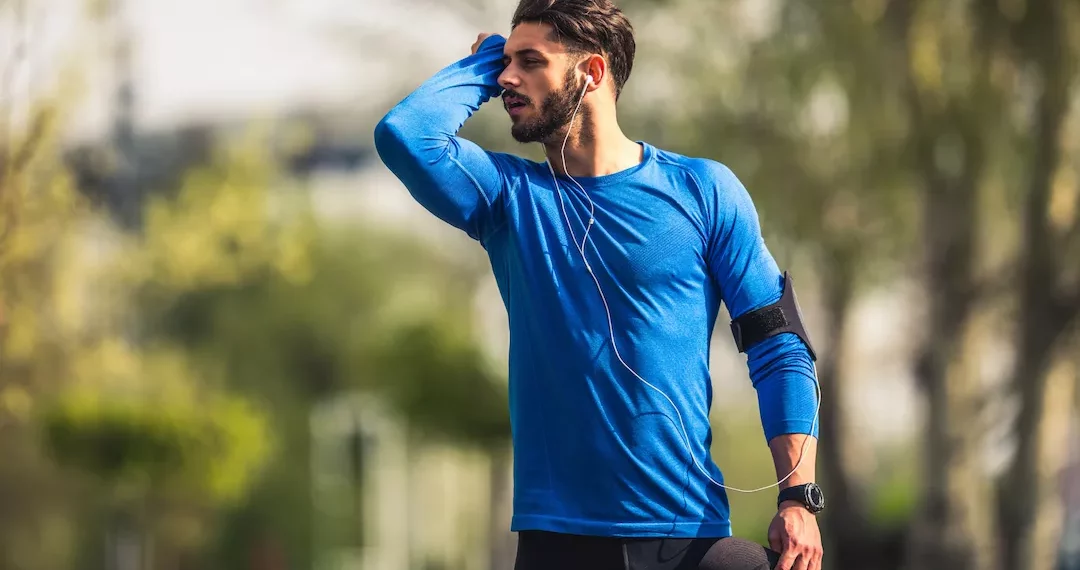There is no doubt that maintaining a normal exercise routine during the month of Ramadan is considered one of the major challenges that may be difficult to adhere to due to the long hours of fasting and often irregular sleep periods. But it is not impossible, finding time to exercise during the holy month will not only help you maintain your health, but it will also maintain your energy levels, stabilize your metabolism, and above all, make you have a clear mind before and after breakfast.
New News - Health
Health experts say that good planning and adherence to some useful tips help sports lovers maintain their usual routine, enabling them to continue losing weight or building muscle during the fasting month.
What Are the Best Exercises That Can Be Practiced While Fasting?
Sports trainers stress the importance of focusing on three basic aspects while exercising: muscle strength, cardiac muscle activation, and stretching. The reason it’s important to prioritize stimulating muscle strength is that losing muscle mass will slow down your metabolism.
Therefore, trainers advise that the goal should be to avoid both, muscle loss and low metabolic rate in trainees.
Cardio Exercises For 30 Minutes Every Two Days
Cardio exercises during fasting contribute to burning fat stores
Cardio exercises are exercises that raise the heart rate and increase blood flow, which improves heart health and stimulates blood circulation. When it comes to cardio exercises, committing to doing them for a maximum of 30 minutes every two days during the month of Ramadan is sufficient.
It is known that the body suffers from dehydration during fasting hours, so it resorts to using its fat stores as a source of energy, especially if cardio is done before breakfast.
It is Recommended To Practice Resistance and Stretching Exercises Under The Supervision of Your Personal Trainer
When practicing resistance exercises, trainers advise choosing exercises that target the upper body before the lower body to avoid any drop in blood pressure. As well as for stretching or flexibility exercises, you must adhere to it under the supervision of your personal trainer to avoid any movement-related problems that you may encounter, especially when you return to exercising normally again after the end of the month of Ramadan.
What is The Best Time To Exercise During Ramadan?
Experts advise exercising after eating the first meal at the beginning of the day, i.e. the Suhur meal. If this is not possible due to the difficulty of timing, it is better to go to the training hall or gym after breakfast.
They warn of the danger of doing weightlifting exercises or intense cardio exercises that require great effort during fasting hours.
Nutritionists believe that it is best for athletic people who want to maintain their daily routine in terms of committing to going to the gym after breakfast, to make sure to eat light meals so that they can exercise completely smoothly.
As for those who like to exercise before breakfast, it is best for the training period not to exceed 45 minutes of moderate-intensity, not strenuous, exercise, and for it to be immediately before breakfast time, so that the body can immediately compensate for the energy and fluids it lost during training.
Experts recommend avoiding the sun and hot weather and practicing specific sports at a comfortable pace to avoid fatigue, dizziness, and dehydration.
Source: The National





















